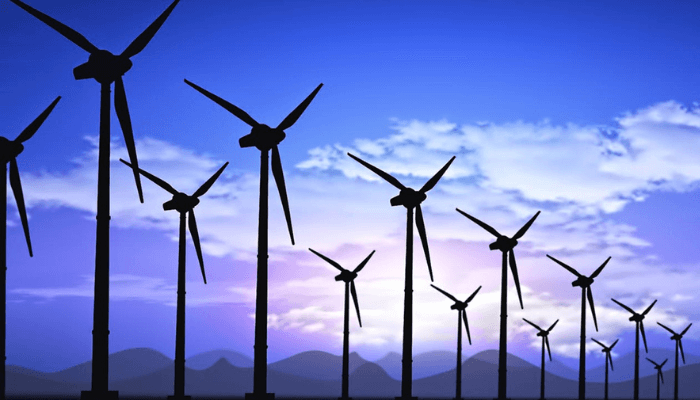Nigeria took a significant step towards expanding access to electricity in underserved areas by signing Memoranda of Understanding (MOUs) that aim to unlock 500 megawatts (MW) of renewable energy, according to findings by BusinessDay.
This initiative targets rural communities, which have historically lagged behind urban centers in terms of electrification.
The MOUs were signed between the Nigerian government, represented by the Rural Electrification Agency (REA), and various private sector partners.
Abba Aliyu, managing director/chief executive officer of REA on Thursday signed a 250MW agreement with EM-One, a renewable energy company, at the Eko Hotels, Lagos.
“We are excited to work with REA to bring cutting-edge technologies like smart grids and decentralised systems to address the challenge of energy access in Nigeria,” Mir Islam, CEO of EM- One said.
He said these solutions will not only enhance energy efficiency but also ensure that renewable energy can be reliably integrated into the national grid.
REA and Husk Power Systems (Husk) also agreed on a strategic partnership to deploy up to 250 MW of decentralized renewable energy (DRE) projects in support of the government’s energy access, energy transition and energy security targets.
The two partners recently signed a memorandum of understanding (MoU) for the initiative.
The partnership will focus on a range of rural and peri-urban DRE projects, including power generation and distribution (both inter-connected minigrids and isolated minigrids), rooftop commercial and industrial (C&I) solar, productive use of energy (PUE), and appliance sales and financing.
The projects will support roll-out of the $750 million Distributed Access through Renewable Energy Scale-up (DARES) project, which is funded by the World Bank and administered by REA. DARES is expected to launch later in 2024.
Read also: Nigeria can tap coastal tourism, renewable energy to develop blue economy – Afolabi
Aside from building new clean energy infrastructure to electrify unserved and under-served communities, the agreement also outlines collaboration on innovative new models such as virtual power plants (VPPs) and value-added community services such as e-mobility, agricultural processing and cold storage, and clean cooking.
REA and Husk will also work together to enable the mass adoption of energy-efficient appliances and PUE devices through sales, distribution and credit financing.
Abba Aliyu, managing director of REA, said, “This partnership represents a historic leap forward in our vision for a network of renewable energy service companies (RESCOs) that can deliver clean and reliable electricity to every corner of Nigeria. By joining forces with Husk Power, we are not only positioned to achieve our ambitious renewable energy deployment goals but also to establish a model that can inspire others around the world.”
Manoj Sinha, co-founder and CEO, Husk Power Systems, said, “To achieve universal electrification in Nigeria and supercharge the rural economy, stronger and more ambitious public-private partnership (PPP) is essential. Now is the moment to go big or go home. Thanks to the vision and commitment of REA, this strategic partnership will fast-track the deployment of Husk’s AI-enabled energy platform, improve the lives of millions of Nigerians, displace tens of thousands of diesel generators and enhance climate adaptation and resilience. We will tailor our solutions to the needs of each community, giving them the ability to chart their own path to prosperity.”
Husk has been present in Nigeria since 2020, and has successfully delivered reliable, clean electricity to households, micro, small and medium-sized enterprises (MSMEs) and factories, health clinics, schools, markets and public institutions. As part of its Africa Sunshot initiative announced in 2023, Husk targets to deploy 1,000 minigrids in Nigeria and another 1,500 in other parts of Sub-Saharan Africa.
The REA is a Federal Government of Nigeria Agency under the Ministry of Power, with the mandate to actualize the national ambition to achieve universal access. The Agency pursues this mission through a blend of public and mobilized funding from partners and the private sector to provide clean and sustainable energy access to Nigerians in underserved and un-served communities.
